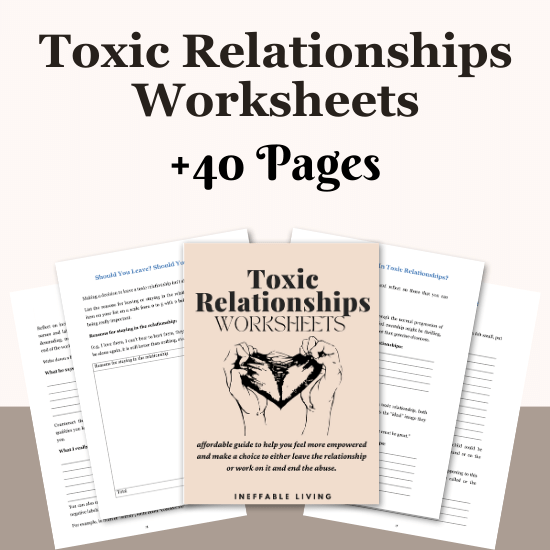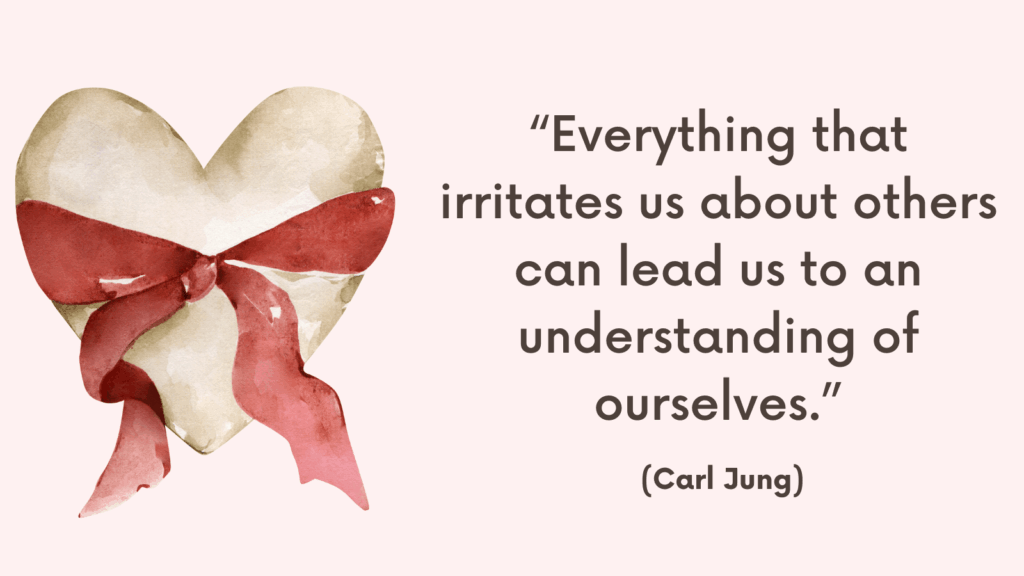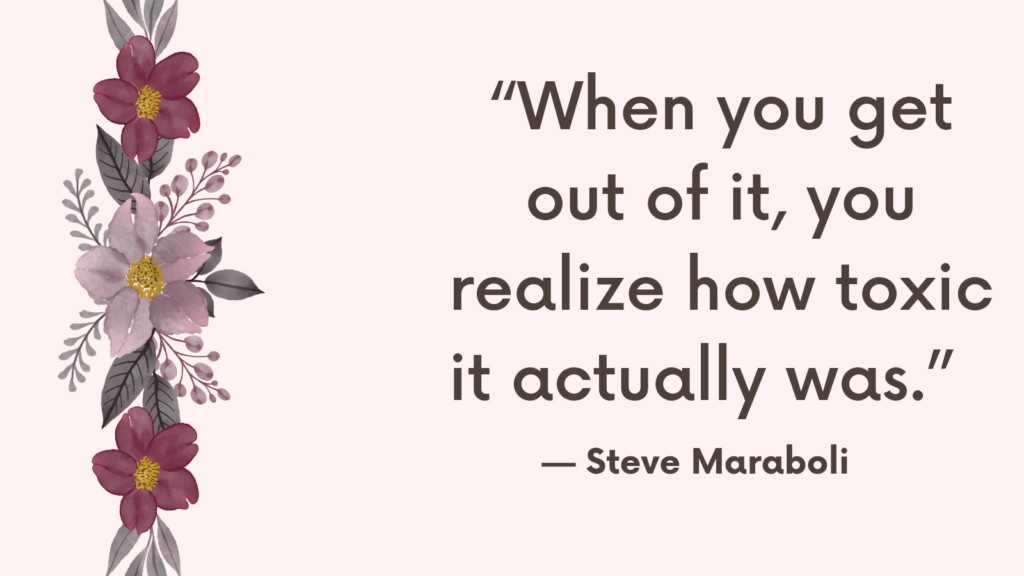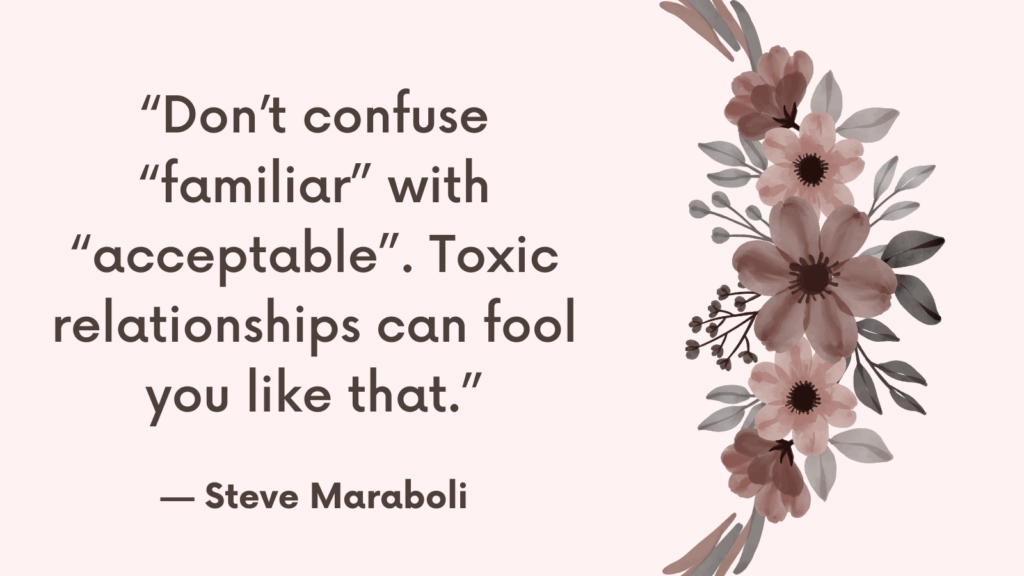Some people leave you feeling exhausted, anxious, or overwhelmed after every interaction. They may constantly complain, demand attention, cross boundaries, or unload their emotions without checking in. These are emotionally draining people—and knowing how to protect your energy around them is key to your mental well-being. Here’s how to respond effectively.
Why Some People Drain You — Even If They Don’t Mean To
They’re Emotionally Entitled
Some people assume they’re owed your attention, time, or empathy — even when you’re depleted.
They Confuse Intensity With Intimacy
You might be pulled into constant drama, oversharing, or trauma-dumping — all disguised as closeness.
They Don’t Regulate Themselves
If they haven’t learned to sit with their own discomfort, they may constantly reach for you to do it for them.
You’ve Been Trained to Over-Extend
Especially if you’re a chronic helper, fixer, or people-pleaser — you may not notice you’re drained until it’s too late.
Signs You’re in an Emotionally Draining Dynamic
- You feel anxious or obligated before responding to their message
- You dread interactions but feel guilty setting boundaries
- You always leave conversations feeling worse, not better
- You’re afraid to be honest, so you become performative
- You feel like their therapist, not their friend or partner
- You suppress your own needs to manage theirs
These aren’t signs of weakness — they’re signs your nervous system is asking for protection.
Emotionally Draining People: How to Deal with Them?
1. Recognize the Drain
Pay attention to how you feel after interactions. Do you feel tense, depleted, guilty, or resentful? These are signs someone may be draining your emotional energy.
2. Don’t Minimize the Impact
It’s easy to dismiss your discomfort to “be nice” or “keep the peace.” But your energy is valuable. Protecting it is not selfish—it’s essential.
3. Set Clear Emotional Boundaries
Decide what kind of conversations or behaviors you won’t engage in. Practice phrases like “I’m not available for this right now” or “Let’s talk about something lighter.”
Related: 10 Toxic Communication Styles to Avoid In a Relationship
4. Limit Time and Access
You don’t owe anyone unlimited access to you. Reduce the frequency or length of conversations when needed. It’s okay to say no or delay responses.
5. Shift the Dynamic
When someone constantly vents or spirals, try gently steering the conversation. Ask if they want solutions or just someone to listen. This sets limits on emotional dumping.
6. Avoid Becoming Their Emotional Dumping Ground
If someone never checks in before unloading, let them know: “I want to support you, but I don’t have the space for this right now. Can we talk later?”
Related: Why Do People Stay In Toxic Relationships? Top 12 Reasons
7. Use Mental Boundaries
If physical distance isn’t possible, use internal scripts like “This is their energy, not mine” or “I’m not responsible for fixing this.” This helps you stay grounded during interactions.
8. Notice Patterns, Not Just Moments
Everyone can be draining occasionally. But if the dynamic is always one-sided, that’s a pattern. Patterns need boundaries—not just patience.
9. Don’t Try to Fix or Rescue
You may be tempted to take on their pain or solve their problems to make the conversation end. But doing this regularly just deepens the drain.
Related: How to Recognize and Address Toxic Relationships?
10. Prioritize Your Own Regulation
After contact with a draining person, reset your nervous system. Walk, breathe, stretch, journal, or talk to someone who recharges you.
11. Evaluate the Role They Play in Your Life
Some people may need distance. Others might require honest conversations. Ask yourself: Is this relationship sustainable long-term?
12. Communicate Kindly but Directly
If you value the relationship, express your needs clearly: “I care about you, but I need to protect my energy too. Let’s find a healthier way to support each other.”
13. Let Go of Guilt
You’re not a bad person for needing space or for stepping back. You’re responsible for your well-being—not someone else’s emotional regulation.
Related: Top 10 Books About Toxic Relationships
14. Spend More Time with Energizing People
Balance your relationships by nurturing connections that leave you feeling seen, supported, and uplifted. These are the ones that fuel you.
15. Remember That Energy Is a Finite Resource
You can’t show up well for others—or yourself—when you’re emotionally drained. Protecting your peace is a form of self-respect.

Conclusion
Emotionally draining people don’t have to control your energy. With clear boundaries, awareness, and compassionate detachment, you can stay grounded and connected to yourself—no matter who you’re around.



